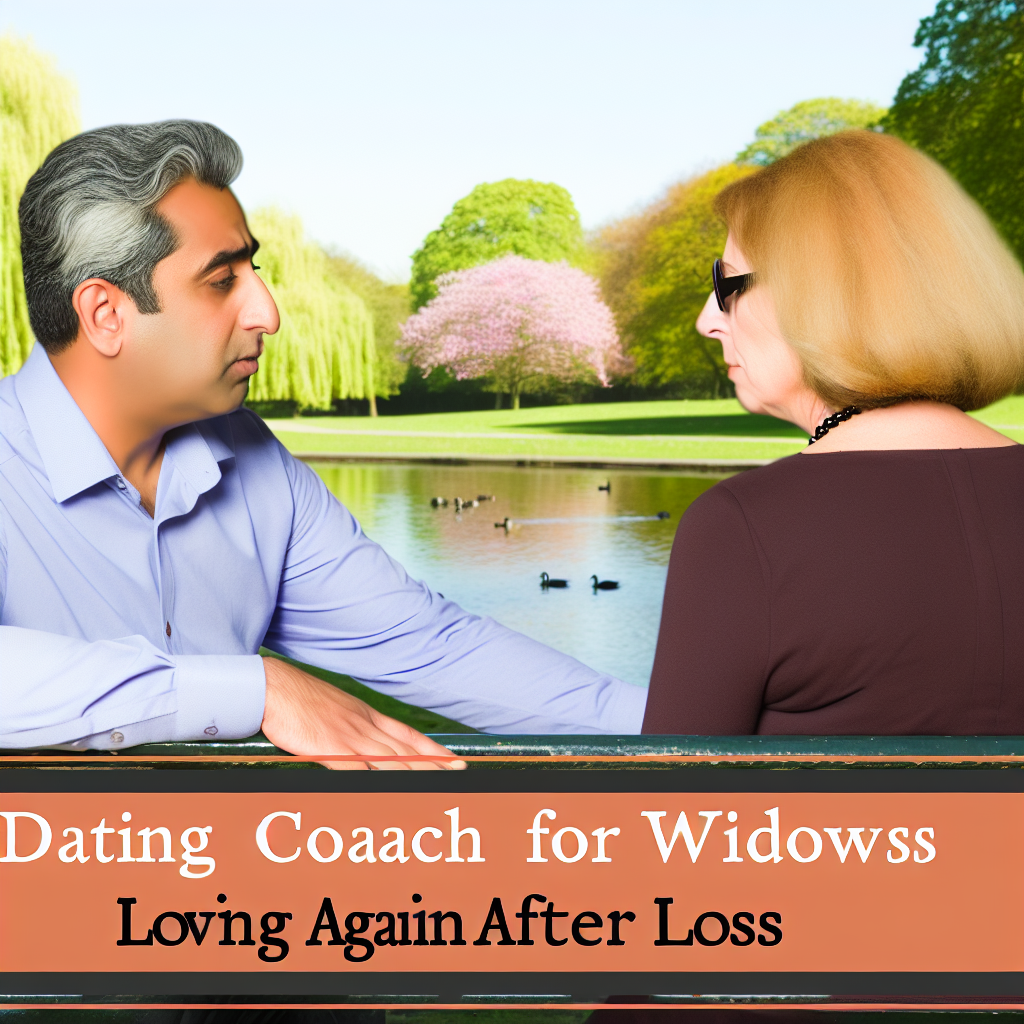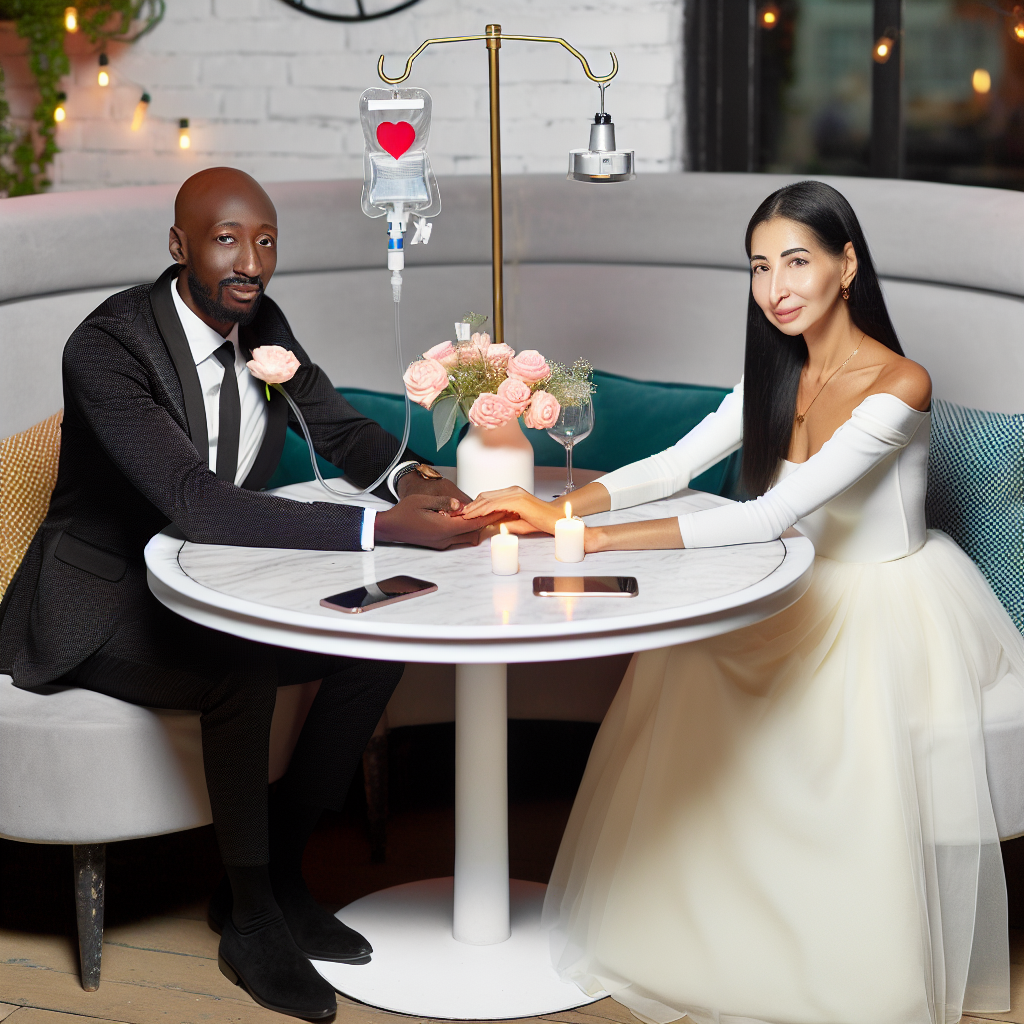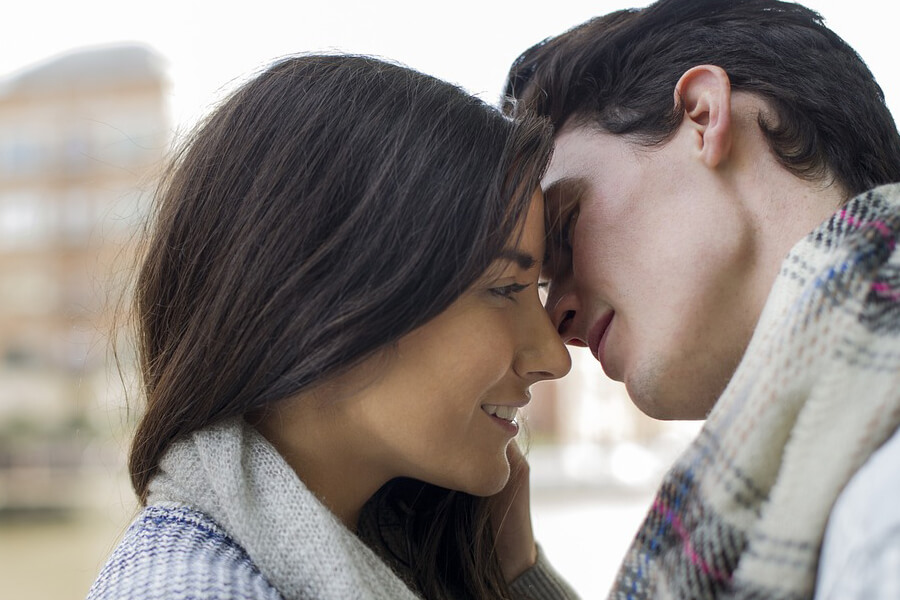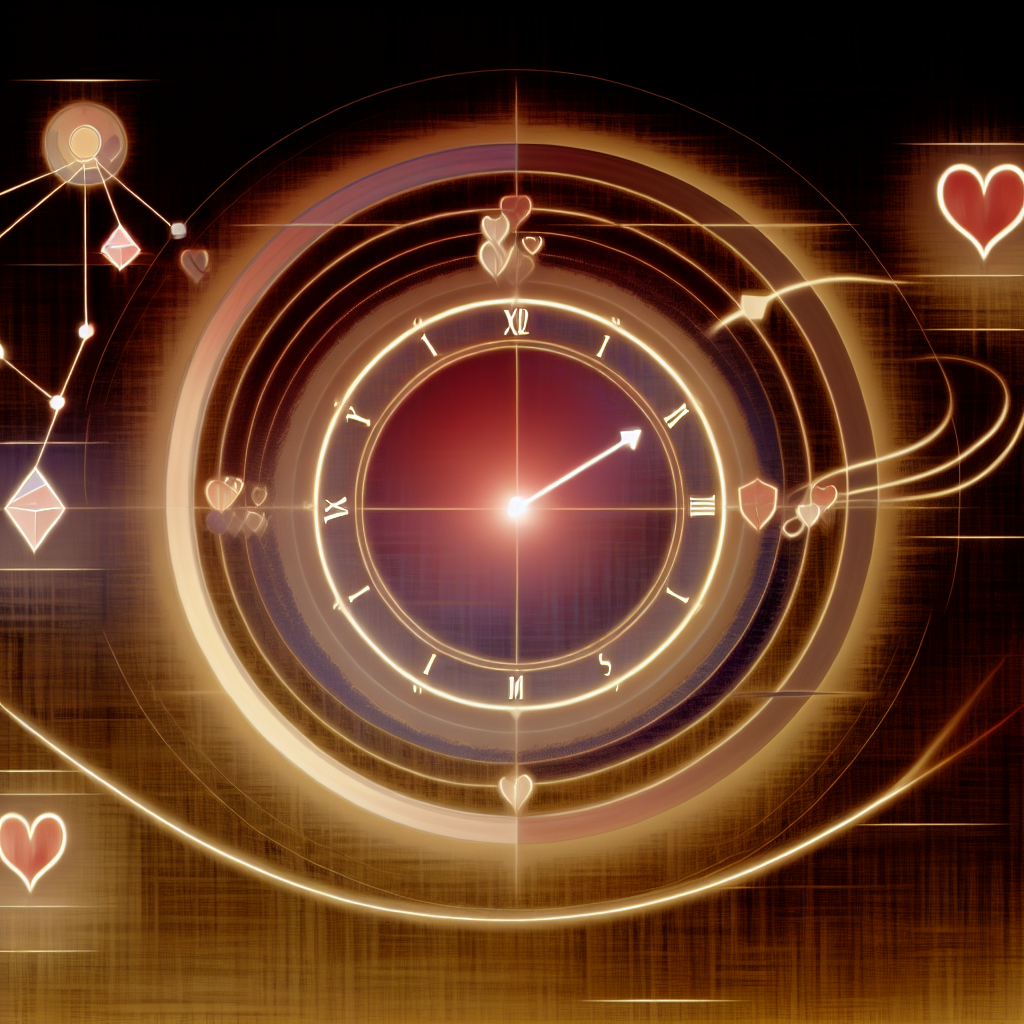Dating Coach for Widows: How to Love Again After Loss
The loss of a spouse is one of life’s most heartbreaking experiences. Whether it comes after a long marriage or a short-lived love affair, the void left behind can feel impossible to fill. And yet, as time passes and healing begins, many widows find themselves wondering if love could ever be part of their lives again. Enter the dating coach—a compassionate ally with the tools, knowledge, and emotional intelligence to help you navigate the brave new world of dating after loss.
Why Dating Again After Loss Is So Emotionally Complex
Re-entering the dating world after the death of a partner is no small feat. It involves navigating a minefield of emotions—guilt, excitement, fear, and doubt. For older adults, the challenge is often compounded by unfamiliarity with modern dating norms, especially digital platforms like dating apps or websites. For younger widows, societal judgment about “moving on too soon” can be discouraging and isolating.
Dating after bereavement is not just about finding someone new—it’s about redefining your sense of intimacy, rediscovering joy, and learning how to hold space for both grief and new beginnings. A professional dating coach helps bridge the space between loss and love by offering non-judgmental support tailored to your unique emotional journey.
How a Dating Coach Supports Widows Rebuilding Their Romantic Lives
A dating coach for widows does far more than give dating tips. They provide an emotionally intelligent partnership, offering encouragement guided by deep therapeutic insight and practical advice. Here’s how they help:
– **Address Emotional Readiness**: Coaches use psychological frameworks such as cognitive behavioral therapy (CBT) and narrative therapy to process grief, guilt, and fear.
– **Identify Personal Goals**: Whether it’s casual companionship or finding another life partner, coaches help clarify your boundaries and desires.
– **Rebuild Confidence**: After the loss of a spouse, your sense of self-worth might take a hit. Coaches help you rediscover your strengths and attractiveness—emotionally and physically.
– **Navigate Complex Conversations**: From talking to adult children to setting expectations with potential partners, a coach offers scripts and strategies for difficult discussions.
Backed By Research: Why Loving Again Is Good for Your Mental Health
Finding love again after loss is not only emotionally fulfilling—it’s clinically beneficial. Studies show that meaningful romantic companionship can significantly improve mental health, especially in later life.
The Harvard Study of Adult Development concluded that strong relationships are the single most important factor in lifelong happiness and health. Similarly, a 2021 study published in the Journal of Social and Personal Relationships found that widows who re-partnered reported:
– Increased life satisfaction
– Decreased feelings of loneliness
– Greater emotional resilience
Importantly, participants clarified that their new relationships didn’t “replace” their lost spouse. Instead, they found comfort in new forms of love that respected—and coexisted with—the grief they still carried.
Overcoming Guilt: Grief and Love Can Coexist
A common barrier for widows considering dating is the feeling of guilt—guilt for “moving on,” for “betraying” a loved one’s memory, or for becoming happy again.
But as grief expert and author Megan Devine notes, grief and love are not mutually exclusive. “You can love someone who died and still open your heart to someone new,” she explains. Integrating your love for your late partner into new experiences is key—and a dating coach can help you do that with grace, compassion, and mindfulness.
Mastering the Modern Dating World with Expert Help
If you’ve never used a dating app or haven’t dated in decades, today’s digital matchmaking landscape can feel overwhelming. According to the Pew Research Center (2018), over 60% of adults over 50 are unfamiliar with online dating platforms. A dating coach who specializes in working with widows can help by:
– Choosing the best dating apps for your goals and age group
– Creating authentic, meaningful online profiles
– Teaching safety and privacy best practices
– Helping you spot red flags and avoid scams
This guidance gives you control in an often chaotic digital dating world, allowing you to connect confidently and safely.
Dealing with Loved Ones: When Family and Friends Don’t Understand
Even when you’re emotionally ready, dating again might draw concern or even resistance from family and friends. Adult children may feel protective or misunderstand your motives. Close friends might worry that you’re rushing into a new relationship.
Your dating coach can empower you to:
– Clearly communicate your emotional readiness
– Set healthy boundaries around your dating life
– Reassure adult children while maintaining your autonomy
– Normalize your desire for love and human connection
Having a structured, thoughtful plan for these conversations can make all the difference in maintaining harmony with the people you care about most.
Conclusion: Reclaiming Joy and Love—On Your Own Terms
Dating after loss is not about forgetting the past—it’s about expanding your heart to make room for the future. With the guidance of a dating coach specialized in widowhood, you don’t walk this path alone. You gain a compassionate partner in healing and rediscovery.
Whether you’re 30 or 80, love can bloom again, and it deserves to. With the right support, you’ll find that love after loss isn’t about replacing what was lost—but about embracing what still can be.
**Summary:**
A dating coach for widows can provide compassionate, expert guidance to help individuals navigate the emotional complexities of dating again after the loss of a spouse. They offer support in addressing emotional readiness, rebuilding confidence, navigating difficult conversations, and mastering the modern dating landscape. Studies show that finding love again after loss can have significant mental health benefits, and a skilled coach can help widows overcome feelings of guilt while respecting the ongoing grief process.
**References:**
– [Harvard Study of Adult Development](https://news.harvard.edu/gazette/story/2017/04/over-nearly-80-years-harvard-study-has-been-showing-how-to-live-a-healthy-and-happy-life/)
– [Journal of Social and Personal Relationships (2021)](https://journals.sagepub.com/doi/full/10.1177/02654075211025352)
– [Megan Devine on Grief and Dating Again](https://www.refinery29.com/en-us/dating-after-loss-podcast)
– [Pew Research Center: Older Americans and Dating Apps (2018)](https://www.pewresearch.org/fact-tank/2018/08/20/older-americans-and-dating-apps/)

Dominic E. is a passionate filmmaker navigating the exciting intersection of art and science. By day, he delves into the complexities of the human body as a full-time medical writer, meticulously translating intricate medical concepts into accessible and engaging narratives. By night, he explores the boundless realm of cinematic storytelling, crafting narratives that evoke emotion and challenge perspectives. Film Student and Full-time Medical Writer for ContentVendor.com




